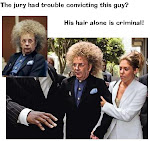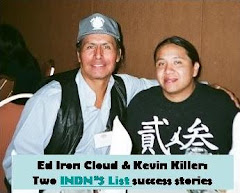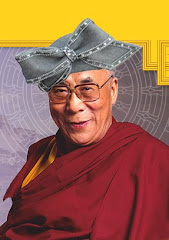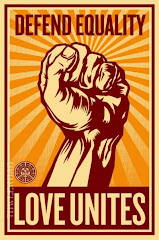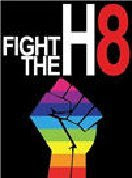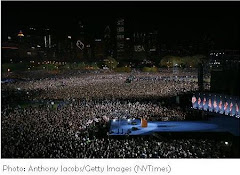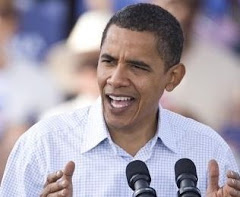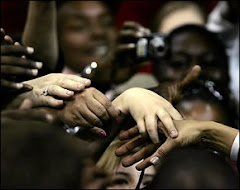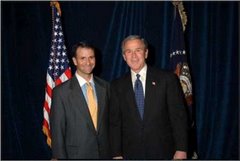Evo Morales, January 27, 2009, on the passage of a referendum on a new Constitution for Bolivia.

After two unexpected days off due to the slice (combination of sleet and ice, AKA freezing rain) that fell all day yesterday and is still on the ground today in Tulsa (and closed the University where I work), I decided it would be okay if I posted a second entry to my blog this week. It gave me a chance to listen to Stephanie Miller without interruption, and also gave me an opportunity to peruse the newly retooled web site of the Stephanie Miller Show, and set up my StephSpace page.
This unexpected break also provided me with a chance to blog about something that was reported on Monday that I would like to point out and on which I would like to congratulate the people of Bolivia: the successful installment of their new Constitution. The new Constitution of Bolivia seeks to de-colonize a country that has been occupied by people of European ancestry and whose Constitution served those European descendants (a minority of the population) for over four hundred years.
Key elements of proposed new Bolivian constitution
By the Associated Press – Sun Jan 25, 10:47 am ET
Key elements of the new constitution proposed by Bolivian President Evo Morales:
RE-ELECTION — Presidents can serve two consecutive five-year terms. Current constitution permits two terms, but not consecutive. Morales could thus remain in office through 2014.
INDIGENOUS RIGHTS — Recognizes self-determination of 36 distinct Indian "nations." Sets aside seats in Congress for minority indigenous groups but not for the Aymara and Quechua, who together represent the majority in Bolivia's western highlands.
LAND — Voters decide in the referendum whether future land ownership should be capped at 12,000 or 24,000 acres (5,000 or 10,000 hectares). Current holdings are grandfathered in. The state can seize land that doesn't perform a "social function" or was fraudulently obtained.
JUSTICE — Judges on Bolivia's highest court are elected rather than appointed by the president as current law provides. The state recognizes indigenous groups' practice of "community justice" based on traditional customs.
LOCAL AUTONOMY — Eastern lowland provinces are allowed to create state assemblies that control local issues, but not land reform or natural gas revenues. Indigenous groups are granted self-rule on traditional lands inside existing states. All autonomies have "equal rank."
NATURAL RESOURCES — The state controls all mineral and oil and gas reserves. Indigenous groups get control of all renewable resources on their land. Water is a fundamental human right that may not be controlled by private companies.
RELIGION — Both the Christian God and Pachamama, the Andean earth deity, are honored. Church and state are separate. Freedom of religion is guaranteed, and no mention is made of The Roman Catholic Church, a departure from the current constitution.
PRESS FREEDOM — Is guaranteed, though news media must "respect the principles of truth and responsibility."
HOMOSEXUALITY — Prohibits discrimination based on sexual orientation but refers to marriage as "between a man and a woman."
Here it the full-text of the Constitucion Nueva del Estado Bolivia.


